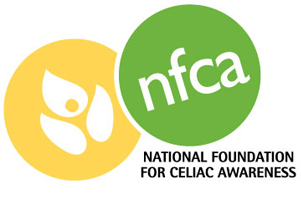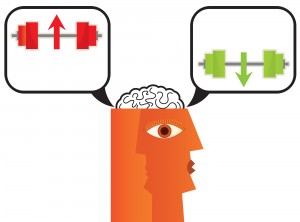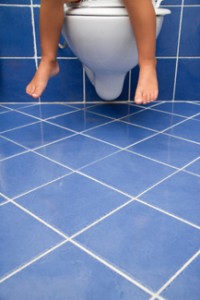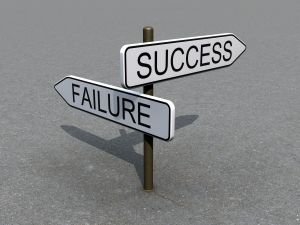By Kristin Voorhees, MA, and Brenda Flaherty for the National Foundation for Celiac Awareness (NFCA)
The National Foundation for Celiac Awareness (NFCA) kicked off this year’s Celiac Awareness Month by hosting the live webcast “State of the Union: A Live Chat with Experts on Gluten-Related Disorders” on May 3, 2024.
 Alice Bast, Founder and President of NFCA, moderated the 60-minute event, which featured internationally renowned experts in the field of celiac disease research including Stefano Guandalini, MD of the University of Chicago, Alessio Fasano, MD of the University of Maryland, and Melinda Dennis, MS, RD, LDN of Beth Israel Deaconess Medical Center.
Alice Bast, Founder and President of NFCA, moderated the 60-minute event, which featured internationally renowned experts in the field of celiac disease research including Stefano Guandalini, MD of the University of Chicago, Alessio Fasano, MD of the University of Maryland, and Melinda Dennis, MS, RD, LDN of Beth Israel Deaconess Medical Center.
The event supplied patients and providers alike with the latest news in gluten-related disorders research free of charge. The panelists’ discussions were based on questions and concerns submitted to the NFCA team in the months leading up to the special webcast.
Dr. Guandalini kicked off the event by identifying the differences between celiac disease and non-celiac gluten sensitivity and explaining the important role guidelines play in diagnosing a gluten-related disorder. Next, the audience heard from Dr. Fasano, who touched on multiple research ventures in the field, including the timing of gluten introduction in infants. Finally, Melinda Dennis provided tips on how nutritional counseling can ensure that patients live a healthy gluten-free life.
Because there is never enough time to cover all of the celiac and gluten-free topics we’d like to discuss, NFCA asked the trio of experts to participate in this follow-up Q&A session. Here’s what they had to say! (more…)











